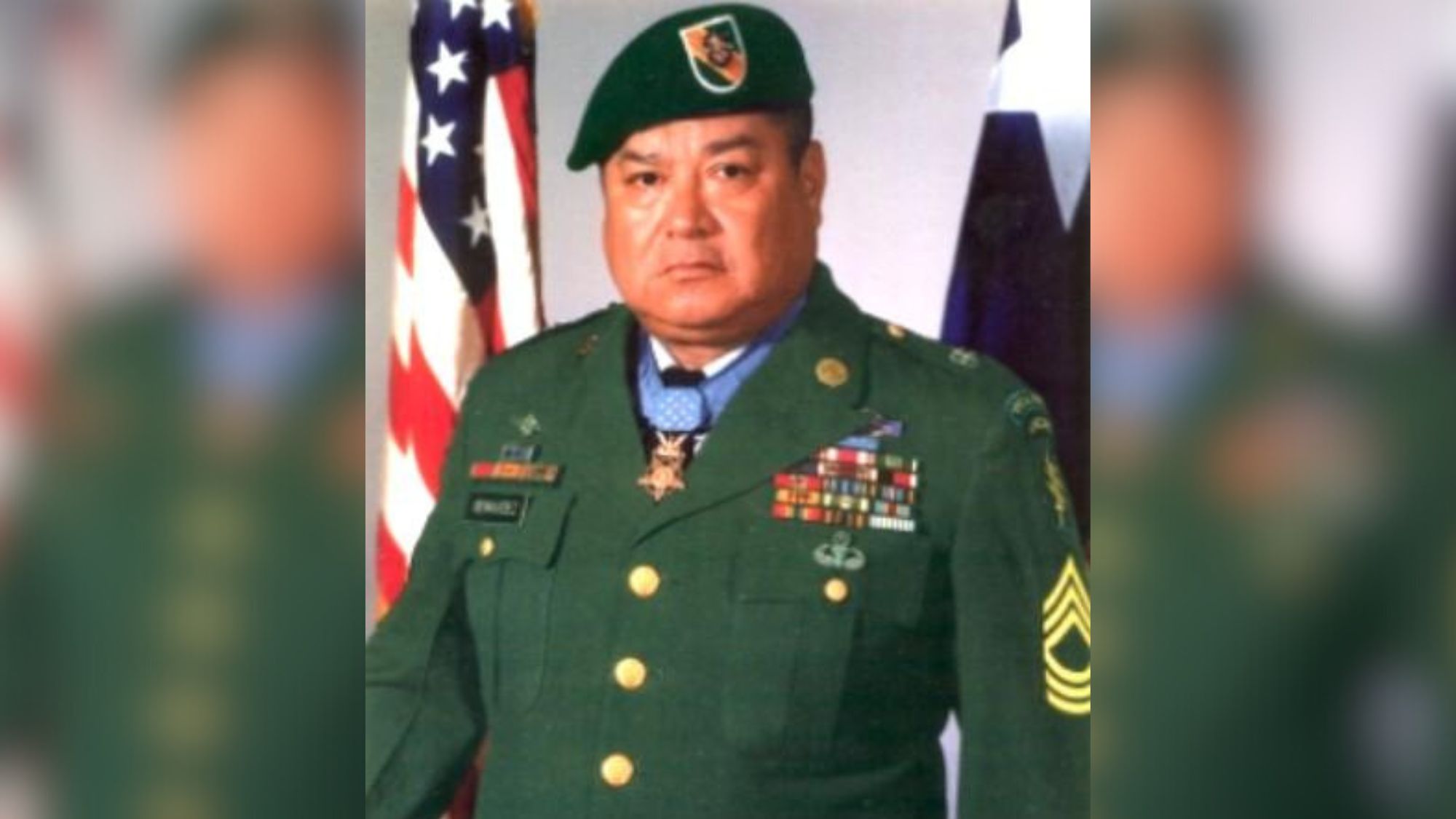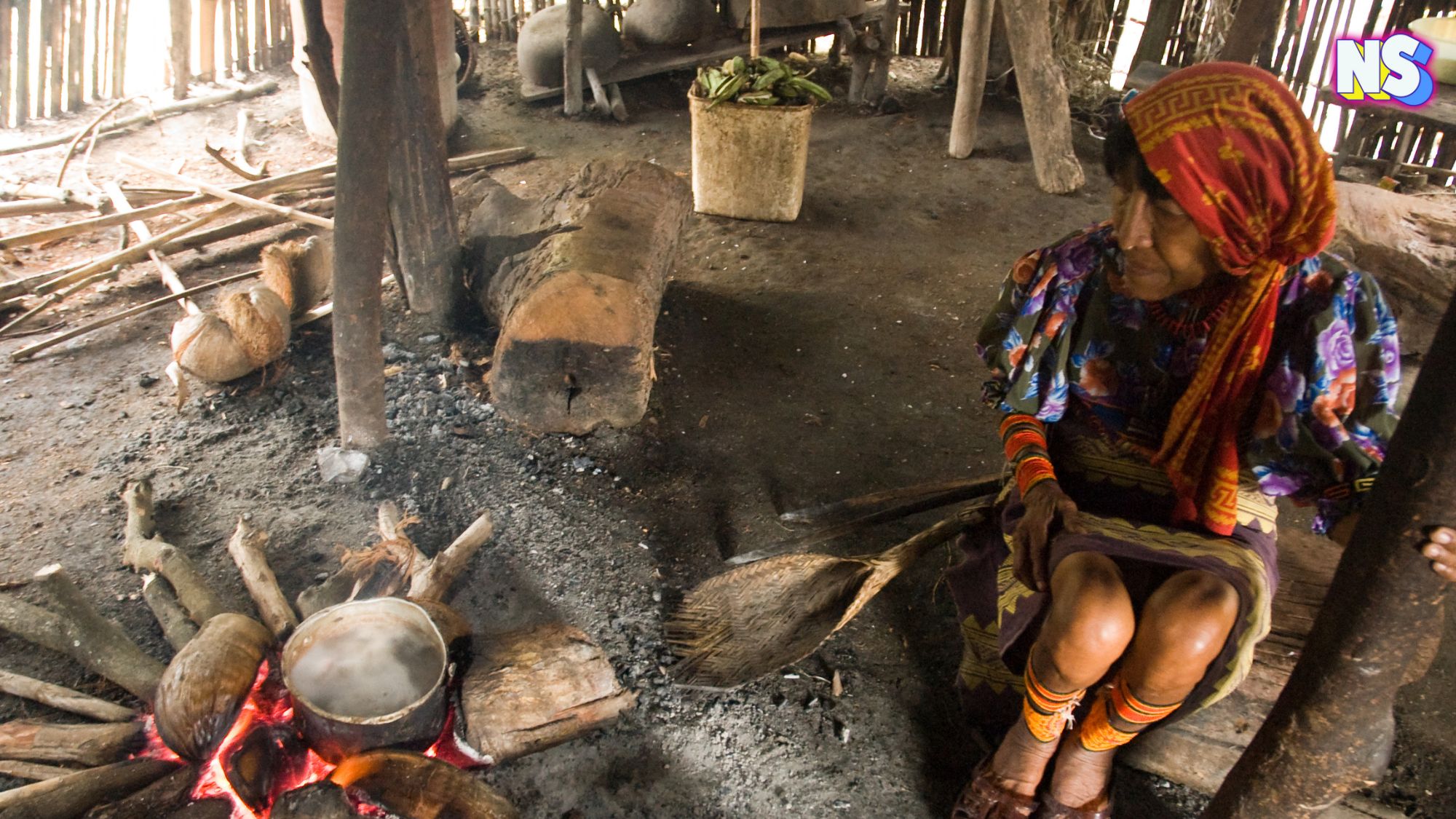Credit: Nuestro Stories
Mexican philosopher José Vasconcelos was known as the “cultural caudillo” of the Mexican Revolution and the prophet of race. A writer, philosopher, educator, lawyer, and politician, Vasconcelos is one of the most controversial and thought-provoking personalities of modern Mexico.
Vasconcelos consolidated mestizaje – racial and cultural mixture – as the national ideology of Mexico. He opposed the permanent exclusion of mixed races, and special and separate indigenous schooling and called for “the incorporation of the Indian, still isolated, into the Mexican family.”
Read more: 4 Latino Dances That Came From Latin American Indigenous Communities
Who was José Vasconcelos?
His ideas on mixture influenced the culture at large, eugenics and education, and shaped the politics of race, and social engineering in early twentieth-century Mexico.
He laid out his thinking in his essay, “La raza cósmica” (The Cosmic Race), and his educational magazine, “El Maestro” (The Teacher), among other writings.
Vasconcelos also wrote a five-volume autobiography, Ulises Criollo 1935; “A Creole Ulysses,” considered one of the best sociocultural studies of 20th-century Mexico. A Mexican Ulysses, published in 1962, is an abridgment.
Even though he lived most of his life in voluntary or compulsory exile, the impact of his personality and his political, educational, literary, and philosophical work still influences Mexico and the United States of today. In the history of Mexico, Vasconcelos is not an easy man to ignore.
The span of his life covers a considerable swath of Mexican history – from Porfirio Diaz’s reign, through the beginnings of the revolutionary movements of 1910, and the birth and establishment of civilian regimes in the 1920s.
Born in Oaxaca, Mexico in 1882, to a middle-class family, Vasconcelos got the best education available at the time. This education, and his determination of character, propelled him to become one of the most promising young lawyers of his generation, but it was the revolution wh schooled him in the reality of Mexico and its extreme poverty.
After a big and controversial career as a civil servant (he was Secretary of Public Education and Rector of the National University of Mexico) when he was still only in his early forties, he turned away from his nation in bitterness, the very nation he helped to modernize.
His influence became legendary
It could be said there were two Vasconcelos: The one before 1929 and the one after because that was the year that he ran for the presidency and lost – badly. After that, he retired from the political scene for good.
Vasconcelos dedicated the rest of his life to writing, lecturing, and traveling. There is no doubt that he nurtured an alternative view of Mexico’s future – one that was multi-ethnic.
Many in the US, especially the Chicanos during the civil rights movement, leaned heavily on Vasconcelos’ beliefs and teachings to build a platform for their political agenda.
The past, it is said, has a pivotal role in shaping the future. For Mexico, that architect was Vasconcelos.
https://nuestrostories.com/wp-content/uploads/2022/06/Susanne-182×250.jpeg





